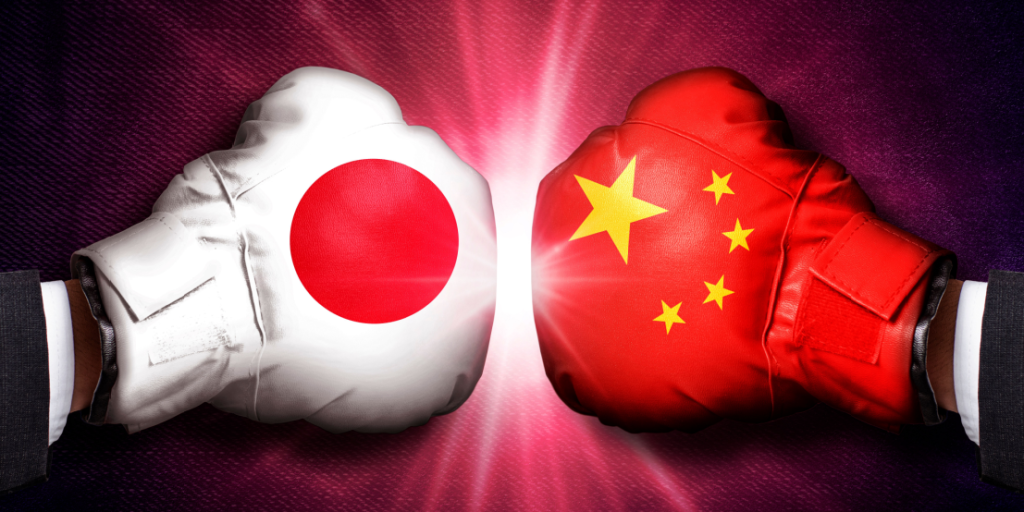A diplomatic clash that began with comments in Japan’s parliament has now widened into a broader regional confrontation.
Others are reading now
The relationship between Japan and China spans thousands of years, but since the mid-19th Century, where Japan startet embrazing Westernization, the two nations have been at war several times.
The first war broke out in 1894 and ended in 1895 with China ceding several territories, including Taiwan, to Japan.
In 1931, Japan invaded Manchuria, China, after what has been described as a Japanese false flag incident used as a pretext for invasion.
The war ended with Japan establishing a puppet-state in Manchuria, which remained under Japanese occupation until near the end of WW2.
But now, the relationship has soured, once again.
Also read
The quote that startet it all
Friday, November 14th, the official newspaper of China’ ruling Communist party said that the comments from Tokyo is an attempt af reviving wartime militarism, Reuters reports.
What triggered the accussations was that Japanese Prime Minister Sanae Takaichi suggested last Friday that Japan could take military action if China launched an assault on Taiwan.
According to AP, Takaichi told lawmakers, that a Chinese attack on Taiwan could “constitute a survival-threatening situation,” and even an “existential threat”.
In 2015, Japan passed a legislation that allows Japan’s military to participate in foreign conflicts.
This was a big change from the Japanese constitution, which states that Japan is only allowed to use military force in acts of self-defense.
Also read
The 2015-law reinterpreted the self-defense part of the constitution to new mean a collective self-defense, including Japan’s allies.
Tokyo backed the prime minister’s statemenu.
Sharp rebuke
The Chinese Foreign Ministry spokesperson Lin Jian Thursday used a news briefing to effectively threaten Japan against any intervention in a conflict between Taiwan and China.
Reuters cites the spokesperson for saying: “Japan must fully repent for its war crimes, immediately stop its wrong and provocative statements and actions that interfere in China’s internal affairs, and stop playing with fire on the Taiwan question. Those who play with fire will perish by it.”
The quote was also published on X on the official account of the spokesperson of the Chinese Ministry of Foreign Affairs.
Also read
The China-Taiwan issue
After Japan’s defeat in WWII, the Allied Powers allowed the Republic of China (ROC) to take administrative control of Taiwan in 1945.
Although no single peace treaty clearly spelled out sovereignty, China — both the ROC and later the People’s Republic of China (PRC) — maintains that Taiwan “returned” to China at this point.
In 1949, Mao Zedong’s Communist forces established the PRC in Beijing. The defeated (ROC), led by Chiang Kai-shek, fled to Taiwan and continued ruling from Taipei.
Both governments claimed to be the rightful ruler of all China, including Taiwan.
Beginning in the 1970s, most countries and the UN switched diplomatic recognition from the ROC (Taiwan) to the PRC.
Also read
Beijing interprets this shift as international validation of its claim that Taiwan is a province of China.
Sources: AP, Reuters, BBC


